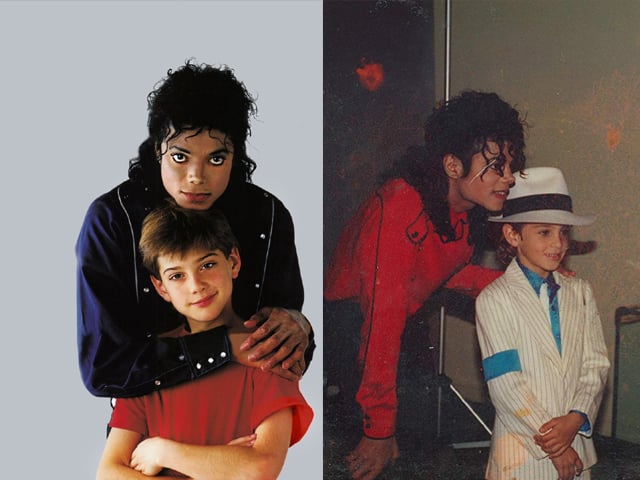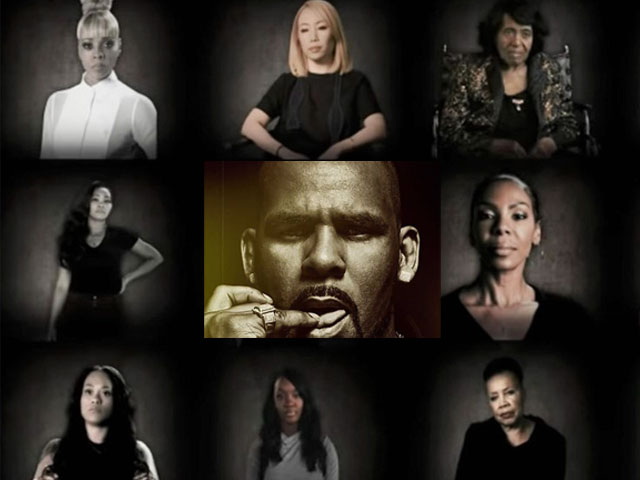
Killed twice: Marrying the man who raped her
Is honour considered so sacred that the life of a human being becomes insignificant in comparison?
A young girl lay dead across the bedroom floor, and a small open bottle lay just mere inches from her hand with the words ‘rat poison’ printed across the label. She had just committed suicide - an act forbidden by the laws of God and nature.
Her reason? She was ordered by a judge to marry the very man who had raped her. Amina Filali was just 16 when she ended her life.
Only last year, Amina’s parents filed charges against their daughter’s rapist who was 10 years older than the teenager. The judge, in the Moroccan city of Tangier, concluded that rather than punishing him, the two must marry.
The decision was taken in order to ‘resolve’ the damage of sexual violation against Amina, to force the boy to do the honourable thing and marry the girl he violated. However, this decision just led to more suffering for her family - the family that despised the rapist, now her husband.
The Moroccan penal code was updated in 2004 in order to give women greater rights. However, with rape cases, the victim is burdened with providing evidence that she was attacked or she risks getting prosecuted for debauchery. According to Moroccan law, rapists are sentenced from five to ten years in prison which can also rise to between 10 and 20 years if the victim is a minor.
Article 475 of the penal code allows the rapist to marry an under-age victim to preserve the honour of the woman’s life. This type of forced marriage stems from local rural traditions to ‘protect’ the honour of girls who have been raped. According to the Moroccan penal code, upon agreeing to marry the victim, the rapist becomes exempt from punishment.
In most cases, like Amina’s, the decision to marry one’s rapist in order to safeguard their own honour leaves the innocent victim at the mercy of the cruel rapist and his family. Similarly, these young girls are often mistreated by the rapist’s family, and they suffer from domestic abuse as well as starvation.
The Moroccan law of ordering the victim to marry her rapist is yet another form of violence and abuse committed against women. The law is utter cruelty disguised in the form of a solution. Rather than safeguarding the honour of women, this law safeguards the honour of men.
Surely, if the decision was taken in Amina’s favour, wouldn’t the judge have sent the rapist to prison or sentenced him to another punishment rather than telling the young girl to tie knot with the man who traumatised her in the worst possible way?
Unfortunately, the justice system is based on such ideologies, which is why perhaps many Moroccan feminists protest that the law should be changed to avoid women marrying their rapists.
[[http://www.youtube.com/watch?v=r39a4EhTTxw]]
One thing is for sure – rapists can never make good husbands. Just think about it; can a man who treats a woman in such a despicable and dishonourable way ever make a good husband? Moreover, can the woman who was brutally raped ever make a good wife to the very man who sodomised her? She will surely hate an resent him for the rest of her life. How on earth could a judge think that marriage could be an apt solution?
The story of Amina is not the first horror story we have heard. It is an all too common phenomenon in Muslim countries to protect one's honour. My question is, is the honour of a patriarchal society so sacred that the life of a human being becomes insignificant in comparison?
If justice – and I mean, real justice – was to be served to Amina, her rapist would've be stoned to death or hanged till his neck broke. The marriage ordered by the judge just goes to prove how strong male dominance is in this world and how weak the female position is.
Even though we go about living in the 21st century, the law, traditions and society values do not differ from the ones in the middle ages. It is high time that women demand their rights; it is high time we speak up for abolishing the law that orders victims to marry their rapists.
Read more by Aneka here, or follow her on Twitter @anekachohan.




COMMENTS (56)
Comments are moderated and generally will be posted if they are on-topic and not abusive.
For more information, please see our Comments FAQ